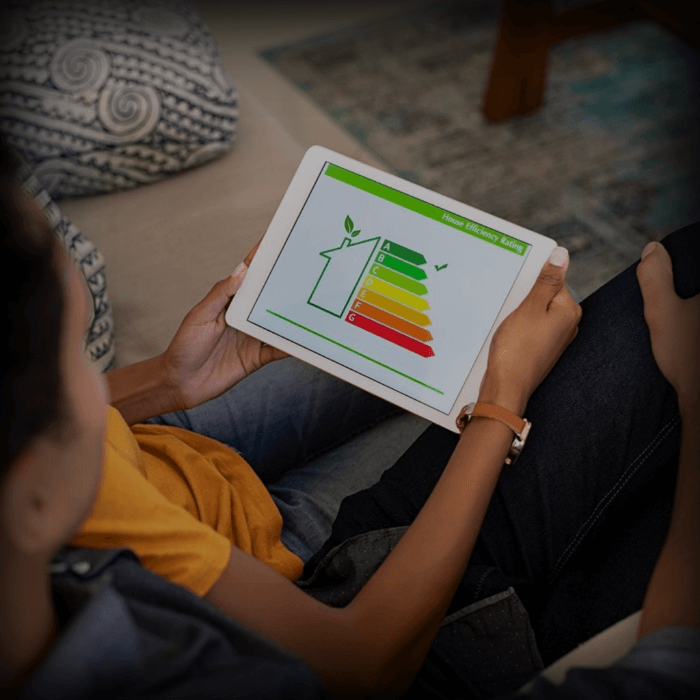MENUMENU

Featured Project
BKR Energy
Java
BKR Energy platform is an advanced hybrid system that allows you to maximize your energy savings, while contributing to a greener and more sustainable future.

BKR Energy platform is an advanced hybrid system that allows you to maximize your energy savings, while contributing to a greener and more sustainable future.
AI Intervention in Marketing: Revolutionizing the Industry Artificial Intelligence (AI) is transforming nearly every sector, and marketing is no exception. As businesses strive to keep pace with rapidly evolving consumer expectations, AI offers innovative solutions to improve customer engagement, streamline operations, and increase profitability. From personalized content to predictive analytics, AI is changing the way […]
AI Intervention in Marketing: Revolutionizing the Industry
Artificial Intelligence (AI) is transforming nearly every sector, and marketing is no exception. As businesses strive to keep pace with rapidly evolving consumer expectations, AI offers innovative solutions to improve customer engagement, streamline operations, and increase profitability. From personalized content to predictive analytics, AI is changing the way marketers strategize, execute, and measure their campaigns.
One of the most significant ways AI is reshaping marketing is through personalization. In the past, marketers relied on broad demographics to tailor their campaigns. However, with AI’s ability to analyze vast amounts of data, brands can now create hyper-personalized experiences for individual customers. By examining a user’s browsing history, purchase patterns, social media behavior, and preferences, AI can help deliver content and product recommendations that resonate on a deeper level.
Take Netflix, for example. Its recommendation engine, powered by AI, suggests movies and TV shows based on a user’s past viewing habits. Similarly, e-commerce giants like Amazon use AI to suggest products based on previous searches and purchases, significantly increasing conversion rates.
AI-driven chatbots and virtual assistants have become essential tools for customer service and engagement. They offer a seamless, 24/7 experience, answering queries, resolving complaints, and even processing orders. This not only enhances customer satisfaction but also reduces the need for human intervention, thereby lowering operational costs.
For instance, companies like Sephora and H&M employ AI chatbots that help customers find products, answer questions about stock availability, and even provide personalized recommendations. These chatbots can analyze user input in real-time and adjust responses based on context, creating a natural and fluid conversation.
Predictive analytics powered by AI allows businesses to anticipate customer needs and behaviors. By examining historical data and applying machine learning algorithms, AI can predict trends, identify potential customer churn, and even forecast sales outcomes. This foresight enables businesses to take proactive steps, whether it’s targeting at-risk customers with retention strategies or launching a new product at the optimal time.
Marketers can also use AI to analyze customer sentiment from social media, reviews, and surveys, helping them stay ahead of market trends and refine their messaging.
AI can also automate various aspects of marketing campaigns, saving time and ensuring precision. Automated email marketing, social media posts, and even programmatic advertising are made possible through AI technologies. With machine learning algorithms, AI can optimize campaigns by continuously analyzing data and adjusting strategies in real-time.
For example, Google Ads uses AI to automatically optimize bids and target audiences, ensuring the best results for advertisers. Similarly, social media platforms like Facebook and Instagram utilize AI to refine ad targeting, helping businesses reach the right audience with minimal effort.
AI’s intervention in marketing is not just a trend—it’s a fundamental shift in how brands connect with consumers. By harnessing the power of AI, marketers can create more personalized experiences, optimize campaigns, and make data-driven decisions with greater accuracy. As technology continues to advance, the role of AI in marketing will only grow, driving even more innovation and efficiency in the industry.